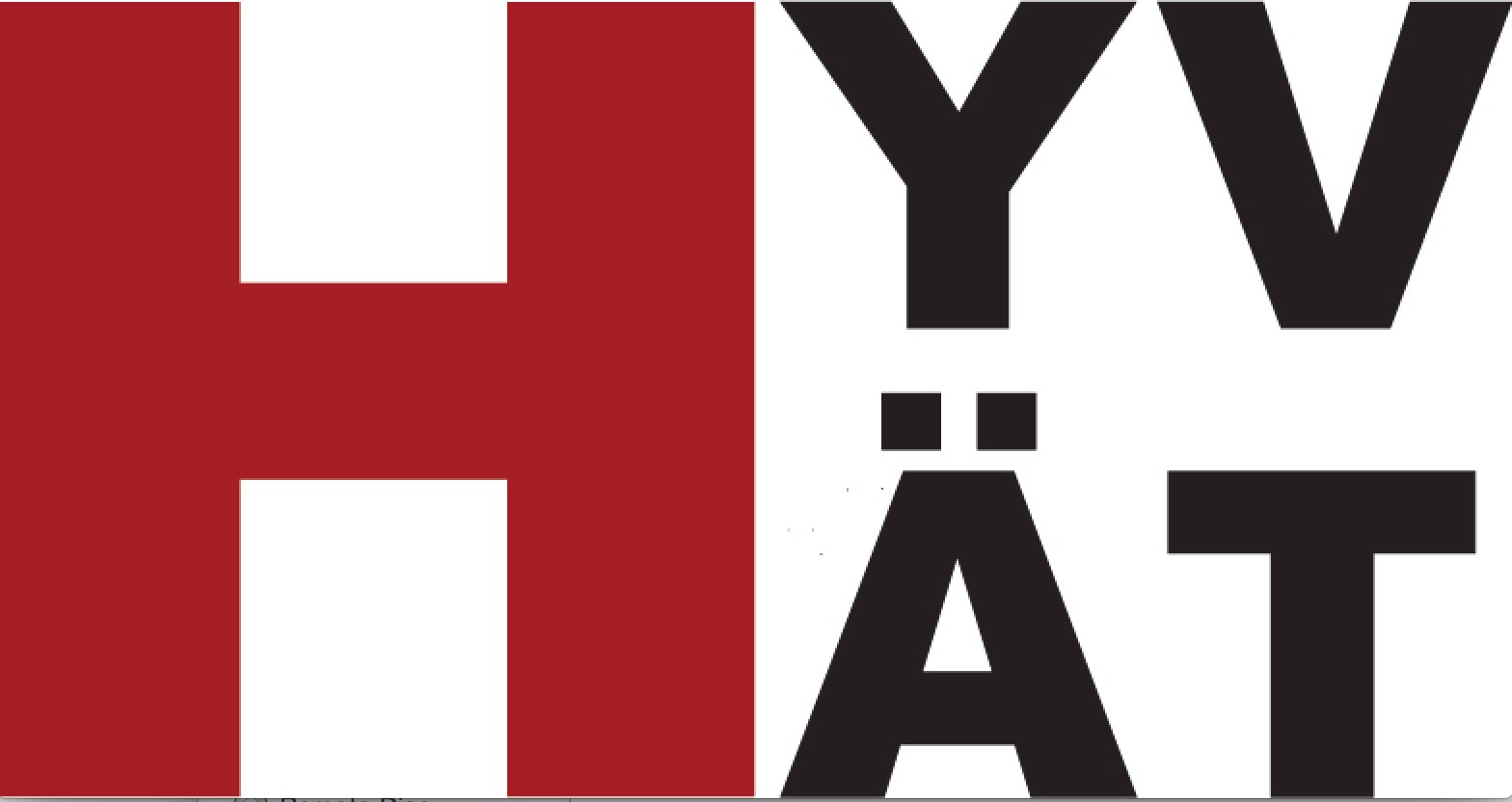The Helsinki University Researchers’ and Teachers’ Association, HUART made a survey directed to early career researchers, meaning researchers who are doing the PhD or have graduated only a few year’s ago. Young does in other words not refer to the age of the researcher, but to the early career stage they are in. The now published results are interesting because the main themes are largely the same as the ones that came up in HYVÄT’s earlier survey for PhD researchers. The main difficulties early stage researchers face according to HUART’s survey are: 1) unstable funding, 2) uncertain career prospects, 3) bureacracy and uncertainty of support in case of unemployment, and, 4) the experience of not being included into the academic community.
1. Unstable funding
Almost 40 % of the respondents were working on a salary, and 24 % were working on a grant, while some were working partly on a salary and partly on a grant. Around 6 % were unemployed. Although this is a small percentage, up to 30 % of the respondents had been unemployed at some point during the dissertation project.
The difficulty of gettimg secure long-term funding was the greatest concern of the respondent. 73 % reported that they had more than one source of funding, 38 % had 4 or 5 different sources of funding.
The salary or grant is not always enough to make a living: 18 % of the grantees and 14 % of the employed reported that they had difficulties in making ends meet.
In addition, the salary system of the university was seen as non-transparent. A fifth of the Finnish respondents and 56 % of international respondents did not know according to which level (vaati-taso) their salary was calculated. This is a serious problem, and a sign of unequality between Finnish and international staff.
2. Uncertain career prospects
A few years after graduation only around 40 % doctors work in academia. However, 49 % of the respodents hoped to have an academic career within research. They saw themselves as researchers, and wished to continue doing reserach and teaching, but saw many obstacles on this path. Working hard to get an academic career, but with no assurance that the hard work will pay off, does little to motivate people. Many described an academic career as a dream that was likely not to come true. Hopelessness, cynicism, and disappointment was evident in the open answers about career prospects.
3. Bureacracy and uncertainty of support in case of unemployment
The unemployed reported that unemployment meant increased uncertainty and often the need to really fight for their rights. Especially those working on a grant described arbitrary descisions that sometimes interpreted them as entrepreneurs or students, which has meant that they did not get any unemployment support, while others in the same situation did.
4. Experiences of not being included into the academic community
A little more than 40 % of the respondents reported that they do not feel included in the academic community. (In HYVÄT’s survey 47 % reported the same). The employed ones reportd being a little bit better integrated, but but still 38 % of them too did not feel integrated. The open answers said that regular staff belittle the position of young researchers, and that the early career researchers were excluded from many activities and infrastructures such as teaching opportunities, pedagogy courses, e-mail lists, workspaces, and laboratories. Some grant researchers even did teaching and other kinds of work for free in order to gain experience to put on the CV.
This was seen as unfair because the university nevertheless profits from all articles and completed degrees that the affiliated young researchers produce.
The entire report can be read here (in Finnish only).
